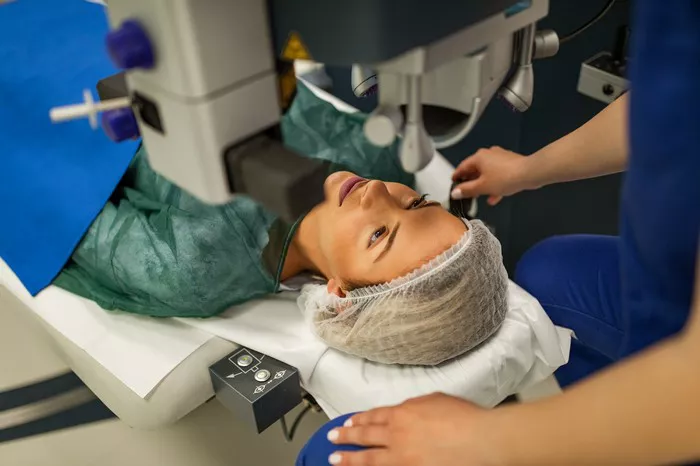A rising trend dubbed “feng shui plastic surgery” has gained momentum in Vietnam, where individuals opt for cosmetic procedures with the belief that altering their appearance can bring improved fortune in various aspects of life. Despite its popularity, medical experts caution against the lack of scientific basis for such practices.
In recent instances, individuals like My Tam and Kieu Ly underwent plastic surgery influenced by physiognomists’ assessments, emphasizing features like the nose, ears, and chin to attract prosperity. Tam’s decision, triggered by criticism from a physiognomist, took an unexpected turn when she discovered her husband’s affair after the procedure.
The surge in demand for “feng shui plastic surgery” is notable, particularly before the Lunar New Year, a time when many believe altering their appearance can positively impact their fortunes. Plastic surgery clinics capitalize on this trend, with procedures ranging from non-invasive to more intrusive surgeries.
However, medical professionals caution against the potential harm associated with these practices, emphasizing that feng shui masters lack medical expertise. Dr. Pham Thi Viet Dung, head of the Department of Aesthetic Plastic Surgery at Bach Mai Hospital in Hanoi, highlights the risks and asserts that superficial changes cannot alter one’s fate fundamentally.
Cultural researcher Pham Dinh Hai criticizes the trend, attributing its popularity to misunderstandings about feng shui, greed for superiority, and a lack of critical thinking. The pursuit of external fixes without addressing internal roots may lead to undesirable consequences, according to Hai.
Despite the warnings, some individuals, like Kieu Ly, remain steadfast in their belief that altering physical features can influence their destiny. However, experts maintain that true transformation comes from within, emphasizing the importance of cultivating a positive mindset rather than relying on external changes.
While “feng shui plastic surgery” continues to attract attention and customers in Vietnam, medical professionals and cultural researchers stress the need for informed decisions and advocate for understanding the limitations of such practices in achieving genuine life improvements.


